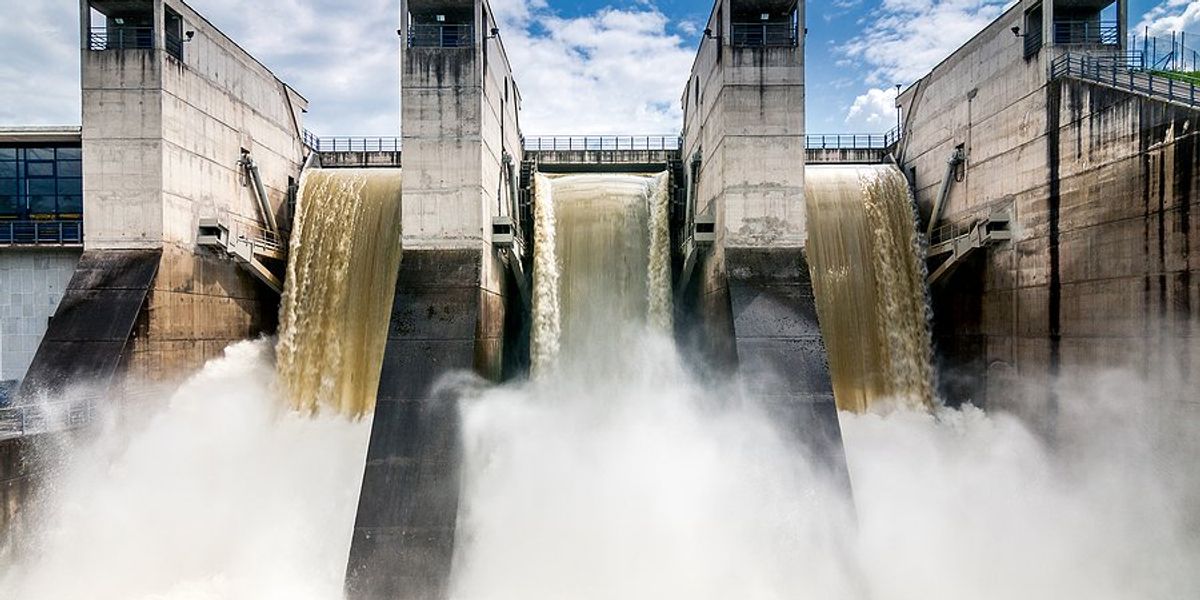fertilizer runoff
Credit: Etienne Girardet/Unsplash
Farm to Trouble series: Farming practices contribute to persistent Gulf of Mexico "dead zone"
One year away from the deadline to reduce farm runoff into the Gulf of Mexico by 20%, the goal remains out of reach.
In short:
- Fertilizer runoff from Midwest farms flows into the Mississippi River, creating a "dead zone" in the Gulf of Mexico and affecting drinking water upstream.
- Despite over 25 years of federal efforts and billions in funding, targets for reducing runoff are far from being met.
- The "Farm to Trouble" series explores potential solutions and examines the ongoing impact of agricultural runoff on the environment.
Why this matters:
Unchecked agricultural runoff degrades water quality, harms marine ecosystems and poses risks to human health. The health of the Gulf of Mexico’s ecosystem is at stake, affecting marine biodiversity and the livelihoods of communities dependent on fishing and tourism. The persistent pollution contributes to broader environmental concerns, such as water quality issues and the resilience of coastal ecosystems against climate change.
Keep reading...Show less
Credit: Dona Hilkey/Flickr
Lough Neagh: The year the UK's largest lake turned green
After toxic algae caused havoc in Lough Neagh and further afield, what's in store for 2024?
Charos Pix/Flickr
Phosphorus saved our way of life—and now threatens to end it
Fertilizers filled with the nutrient boosted our ability to feed the planet. Today, they’re creating vast and growing dead zones in our lakes and seas.
Jonathan/Flickr
The world’s farms are hooked on phosphorus. It’s a problem
Half of the globe’s crop productivity comes from a key fertilizer ingredient that’s non-renewable—and literally washing away.
Lake Erie's toxic cyanobacterial bloom lasted an unusually long time this year
The toxic cyanobacterial bloom that’s become a yearly problem in Lake Erie’s western basin was relatively small this year. But the bloom has lasted an unusually long time. It didn't start to break up until recently.
Warming winters are increasing fertilizer runoff and polluting waterways, a new study finds
A new study finds as winter weather warms across the Midwest, fertilizers that once froze are now finding their way into streams and rivers.
Is agrochemical contamination killing Nebraska's children?
The harrowing trail of toxic nutrients in farm country water.
ORIGINAL REPORTING
MOST POPULAR
CLIMATE



















